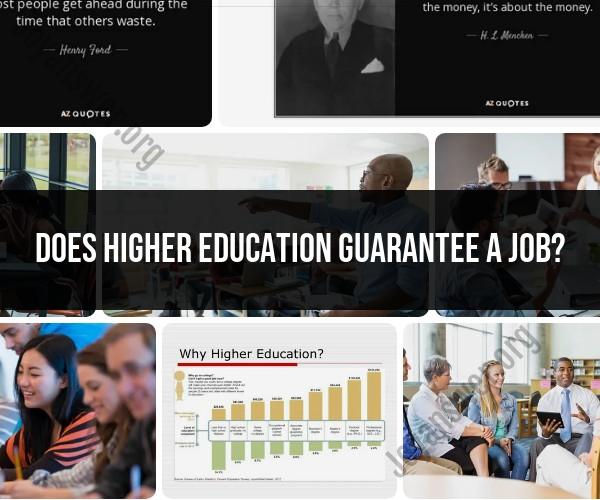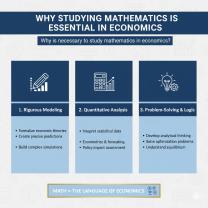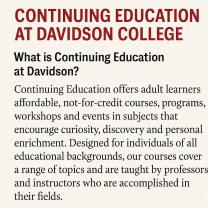Does Higher Education Guarantee a job?
Higher education does not guarantee a job, but it can significantly improve your chances of finding employment and can open up more opportunities in the job market. Whether or not you secure a job after completing higher education depends on various factors:
Field of Study: The demand for specific fields of study varies. Some fields have a higher demand for professionals, while others may be more competitive or have fewer job openings. Your choice of major or specialization can influence your job prospects.
Relevance of Skills: Employers often look for candidates with skills and knowledge relevant to the job. The skills you acquire during your education, internships, and practical experience can make you a more attractive candidate.
Networking: Building a professional network during your higher education can help you discover job opportunities and receive referrals. Networking can be a valuable resource in your job search.
Internships and Experience: Practical experience gained through internships, co-op programs, or part-time jobs can enhance your resume and make you a more competitive candidate. Many employers value real-world experience.
Location: Job availability can vary by location. Some areas may have a higher demand for certain professions, while others may have fewer opportunities.
Economic Conditions: Economic factors, such as recessions or economic downturns, can impact job availability across industries. These factors are beyond an individual's control.
Job Market Trends: Some industries experience rapid growth and innovation, while others may decline over time. Staying informed about industry trends can help you make informed career choices.
Job Search Efforts: Your job search strategies, resume quality, interview skills, and persistence also play a crucial role in securing a job.
While higher education can enhance your qualifications and make you a more competitive candidate, it is not a guarantee of employment. The job market is influenced by a complex interplay of factors, and success often depends on a combination of education, skills, experience, and effort.
It's essential to approach higher education with realistic expectations and be proactive in your job search efforts. Consider seeking career guidance and utilizing resources offered by your educational institution's career center to improve your chances of finding a job in your chosen field. Additionally, adaptability and a willingness to continue learning throughout your career can be valuable assets in today's ever-changing job market.
The Link Between Higher Education and Employment
There is a strong link between higher education and employment. People with higher levels of education are more likely to be employed and to earn higher wages than those with less education.
According to the U.S. Bureau of Labor Statistics, the unemployment rate for people with a bachelor's degree or higher was 2.9% in August 2022, compared to 3.7% for people with an associate's degree and 6.0% for people with only a high school diploma.
People with higher levels of education also earn higher wages. In 2021, the median weekly earnings for workers with a bachelor's degree or higher was $1,350, compared to $910 for workers with an associate's degree and $795 for workers with only a high school diploma.
There are a few reasons why people with higher levels of education are more likely to be employed and to earn higher wages.
- Higher education provides people with the skills and knowledge that employers are looking for. Employers are increasingly looking for workers who have strong critical thinking, problem-solving, and communication skills. Higher education can help people develop these skills.
- Higher education can help people develop a network of professional contacts. This network can be helpful when looking for a job or when trying to advance in a career.
- Higher education can signal to employers that a person is intelligent, motivated, and capable. Employers may view people with higher levels of education as being more likely to be successful in their jobs.
Higher Education and Job Prospects: What to Expect
People with higher levels of education generally have better job prospects than those with less education. They are more likely to be employed, to earn higher wages, and to have more opportunities for advancement.
However, it is important to note that a college degree does not guarantee a job. There are many factors that can affect a person's job prospects, including their skills, experience, and the overall job market.
Degrees and Careers: Does Higher Education Guarantee a Job?
No, higher education does not guarantee a job. However, it does increase your chances of finding a job and earning a higher salary.
There are many factors that affect your job prospects, including your skills, experience, and the overall job market. However, having a college degree can give you a competitive advantage in the job market.
If you are considering pursuing higher education, it is important to choose a field of study that is in demand and that will prepare you for the jobs that you are interested in.
Here are some tips for increasing your chances of finding a job after college:
- Network with people in your field. Attend industry events, reach out to people on LinkedIn, and ask your professors and classmates for introductions.
- Gain experience through internships and volunteer work. This will give you a chance to learn new skills and to make connections in your field.
- Tailor your resume and cover letter to each job that you apply for. Be sure to highlight your skills and experience that are relevant to the job.
- Practice your interviewing skills. Ask a friend or family member to help you practice answering common interview questions.
By following these tips, you can increase your chances of finding a job after college.













